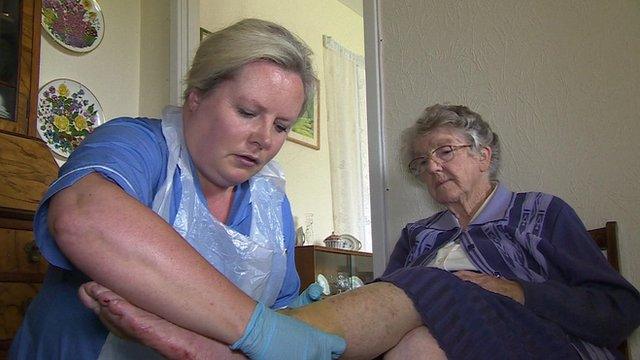NHS 111 helpline 'dangerously understaffed' whistleblower says
- Published
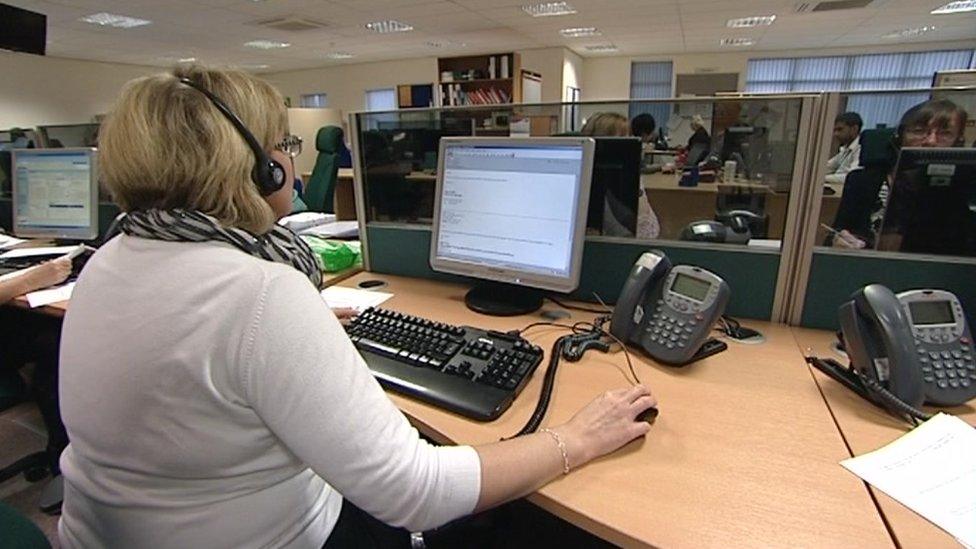
The centre in Derby takes calls for non-emergency medical issues from across the East Midlands
A woman who worked at an NHS non-emergency call centre says it is "dangerously understaffed" with 75% of calls going unanswered.
Former NHS 111 call handler, Irsah Tahir, said the Derby centre was "swamped" with calls and staff were under "massive" pressure.
She said staff had to give medical advice when nurses were unavailable.
Derbyshire Health United, which runs the centre, said it had investigated and refuted the claims.
Ms Tahir, 21 from Derby, told the Daily Mail, external: "I feel the service is completely unsafe.
"We were always short-staffed. There was never enough nurses.
"I'm not medically trained and I just don't think I was equipped to make those decisions."
In her interview Ms Tahir claimed there were not always nurses on duty to supervise staff without clinical training and staff were begged to do overtime or cancel holidays because of staff shortages.
She said she quit after four months because she could "no longer cope".

What is the 111 number?
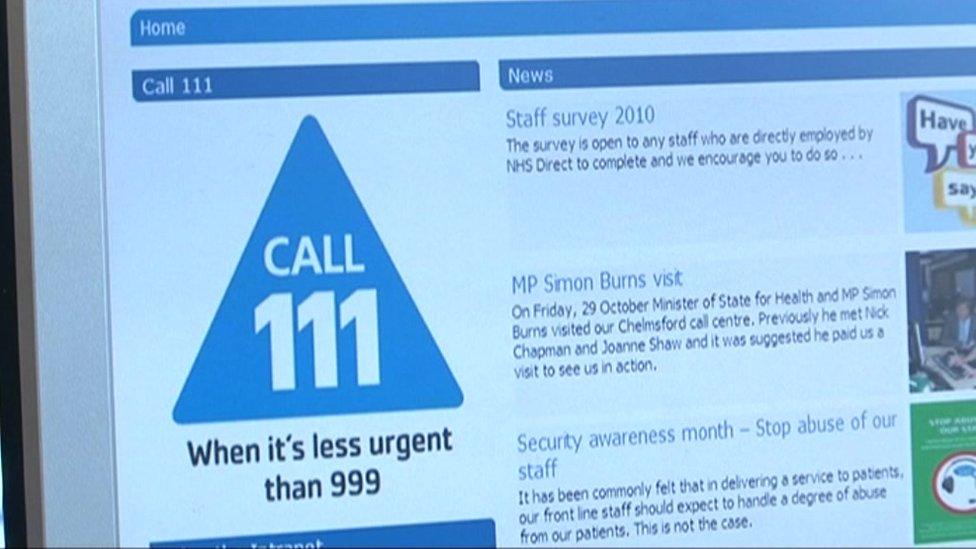
The helpline began in 2010 and people are advised to only call if they need urgent medical help or advice but it is not a life-threatening or 999 emergency.
If someone's illness is judged to be an emergency by the 111 team then an ambulance can be sent out
The England service handled 7.29m calls from January to July 2015

The switchboard takes calls from Derbyshire, Leicestershire, Nottinghamshire and Northamptonshire.
A spokesman for the Derbyshire Healthcare United said Ms Tahir had worked over Easter when they had experienced a high demand for the service, and following their own investigation they had found her allegations did not correlate with their data.
In a letter to the newspaper, chief executive, Stephen Bateman, said Care Quality Commission inspectors visited in March, external and found the service was "safe, effective... and well-led".
He said inspectors had also found staff ratios to be "consistently maintained" and the "safety of patients remains a priority".
"We answer our calls on average within 15 seconds but there are some peak times it comes under more pressure."
He said the service provides for one nurse for every four call handlers and it is a consistent system used across England.
"It is a clinically safe triage service and a clinically safe system."
An NHS England spokesman admitted there had been issues and "regional variations" with the helpline, but it is "working closely with local CCGs to ensure these are addressed".
- Published12 December 2014
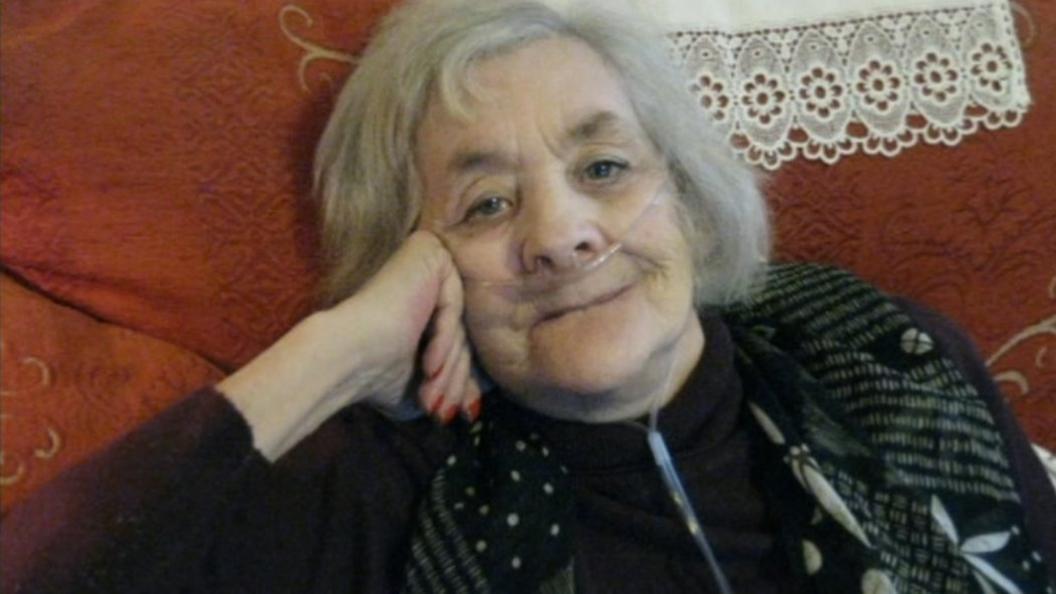
- Published23 May 2013
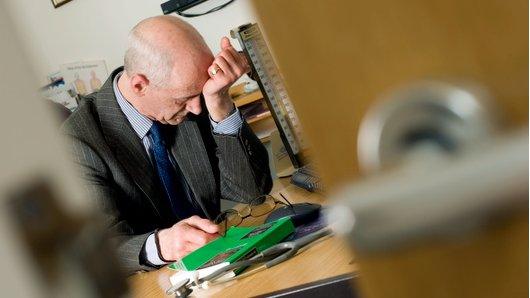
- Published4 June 2013
